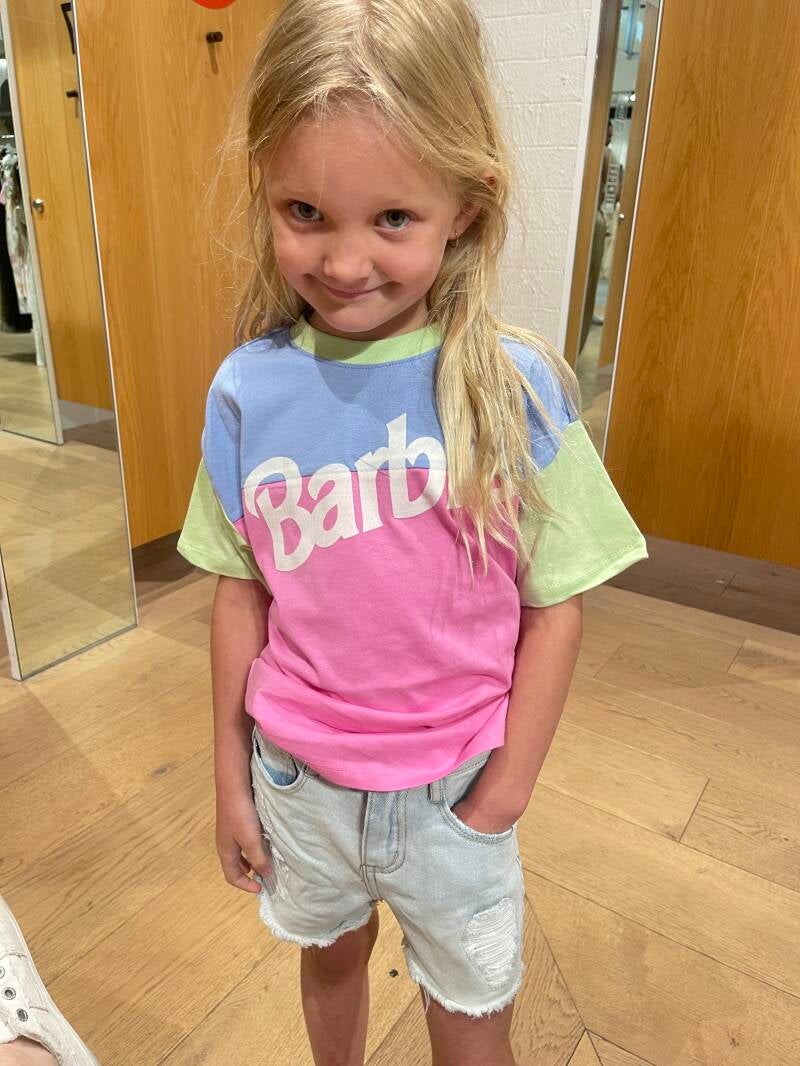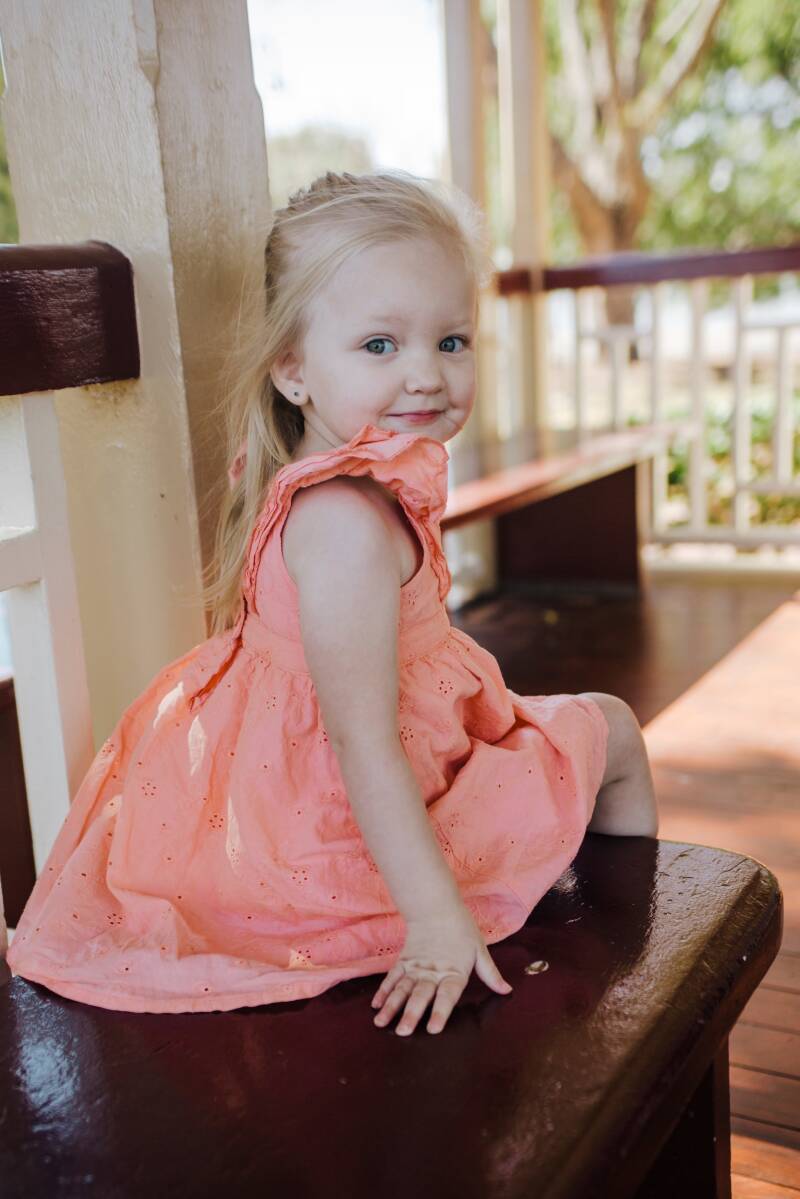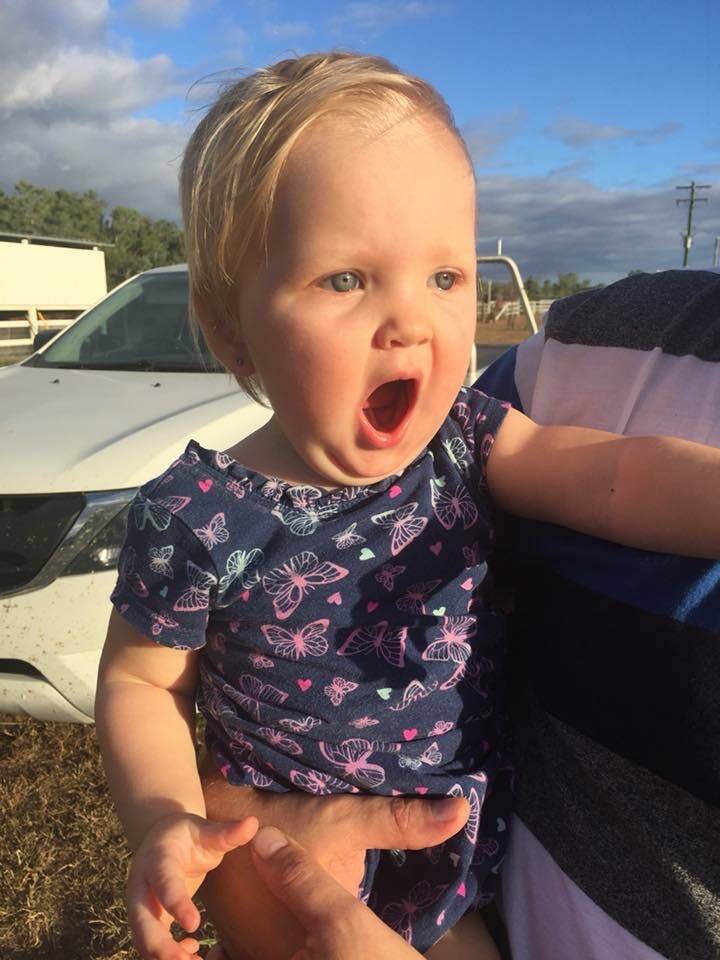From the moment she burst into the world three weeks early during a tropical cyclone, our little Miss R has kept life anything but ordinary. She’s fierce, determined, and full of surprises—and parenting her has been a journey filled with both challenge and joy.
In this blog, I’m opening up about the early days of Miss R’s life—from unexpected complications at birth, to navigating feeding struggles, behavioural challenges, and ultimately discovering her neurodiversity. This is our raw, honest story of raising a little girl who sees the world in her own extraordinary way.
If you’ve ever felt overwhelmed parenting a strong-willed child, or you're walking a similar path, I hope our story helps you feel seen and a little less alone. 💛
From the moment Ruby came into our world, she’s had us on our toes. My youngest, my wild child, my little pocket rocket. Born three weeks early during ex-Tropical Cyclone Debbie in 2017, she made quite the entrance—and hasn’t stopped surprising us since.
I hadn’t planned on getting pregnant again. In fact, I had a Mirena IUD in place, but life had other plans. After its removal, we faced warnings about a possible miscarriage and the risk of an ectopic pregnancy. But Ruby—strong-willed even in the womb—was determined to join us safely and dramatically.
Fresh off a family trip to the Gold Coast and juggling two other little ones, I was induced due to high blood pressure. But Ruby wasn’t ready. What followed was an emergency c-section, an experience made more isolating by assumptions that “I’d done this before.” Midwives often forget that each birth is its own story—and having a c-section when you’re expecting something different is a tough adjustment. I wasn’t told that my milk might take longer to come in after a c-section, which meant Ruby struggled to gain weight in her early weeks. And that was only the beginning of our journey.
Feeding Struggles and a Mother’s Instinct
At just two weeks old, Ruby was already having trouble putting on weight. She was a spewy baby—like, really spewy. It was only after a visit to a lactation consultant that I finally started to understand why this experience felt so different from my other two children. We made the decision to supplement with formula—something I hadn’t needed to do with the others. But Ruby needed to thrive, and we had to do what was right for her.
At her six-week checkup, we were sent for an ultrasound to make sure her stomach was emptying properly. We were given the all-clear but still had no real answers. Then came a moment I’ll never forget I broke down at our local chemist, and the incredible women there caught me. They showed so much compassion and support that I still go out of my way to visit them—even though they now work at another pharmacy.
One of them handed me a tin of Allerpro, suspecting Ruby might not tolerate cow’s milk. That tin changed everything. Her vomiting eased, her weight improved slightly, and I could finally breathe a little.
When Food Made Her Sick: Discovering FPIES
When Ruby was four months old, we excitedly introduced rice cereal—just like we had with her sisters. But that night, she projectile vomited in her sleep. She was so unwell. At first, we chalked it up to a bug. We went back to bottles, waited a few days, and tried again—this time mixing her formula into the cereal. And again, she got sick.
That’s when I started digging into research, trusting my gut. I came across FPIES (Food Protein-Induced Enterocolitis Syndrome)—and after appointments with a paediatrician and an immunologist, it was confirmed.
Full Speed Ahead (and a Mouth to Match!)
Ruby didn’t just walk—she ran at ten months old. And by 18 months, she was speaking in full, clear sentences. I’ll never forget the moment she watched her cousin fight against getting into his car seat and, with perfect timing and expression, said: “For f***’s sake, Conor.” We were floored.
That was just the beginning.
Behavioural Challenges and Emotional Growth
Over the years, we’ve navigated a host of behavioural challenges with Ruby. Some of the things we’ve faced include:
- Separation anxiety
- Hitting other children
- Picking up younger kids in the playground
- A strong fear of men
- Running away from home or school
- Needing constant stimulation
- Getting into everything—mine, her sisters’, you name it
- Refusal to complete schoolwork
It’s been tough. Parenting a strong-willed child comes with its own set of hurdles, and Ruby doesn't back down easily.
Neurodiversity Is Her Superpower
Today, as I write this, I’m smiling. Ruby is now eight years old, and though we know the road ahead is long, I wouldn’t change a thing. She is fierce, bold, and proud of her neurodiversity—and we are too. My husband and I talk with her often about how her brain just works differently. We call it her superpower, because she sees the world in ways others don’t.
We’re only just beginning those deeper conversations, keeping them simple for now focusing on flexible thinking and kindness. But even at this young age, there’s a heartbreaking honesty to her words. She often tells me:
“Mummy, I’m trying my hardest.”
Those moments break me a little. But they also remind me just how self-aware and special she truly is.
Final Thoughts
Raising Ruby isn’t easy. But it’s beautiful. Her story is one of resilience, humour, unpredictability, and love. I’m grateful for every challenge, because each one has shaped her into the incredible little human she’s becoming.
If you’re a parent walking a similar path—trust your gut. Celebrate the chaos. Find your people. And know that your child’s fire, even on the hardest days, is part of what makes them so extraordinary.
Let’s find our rhythm together. 💛












Add comment
Comments